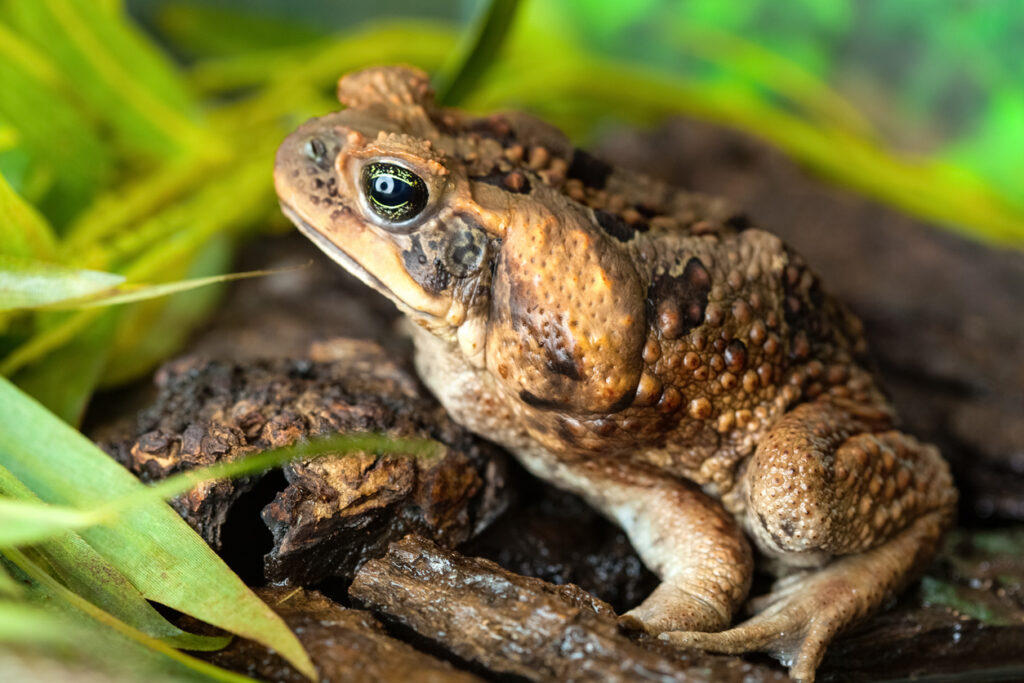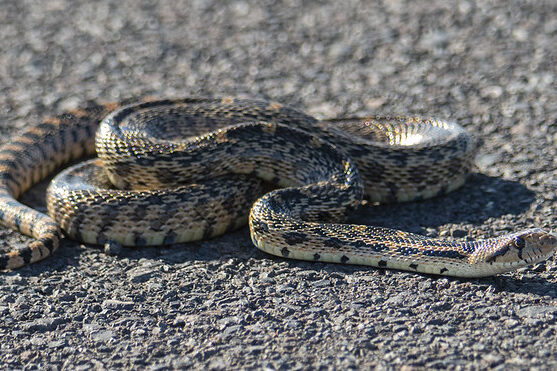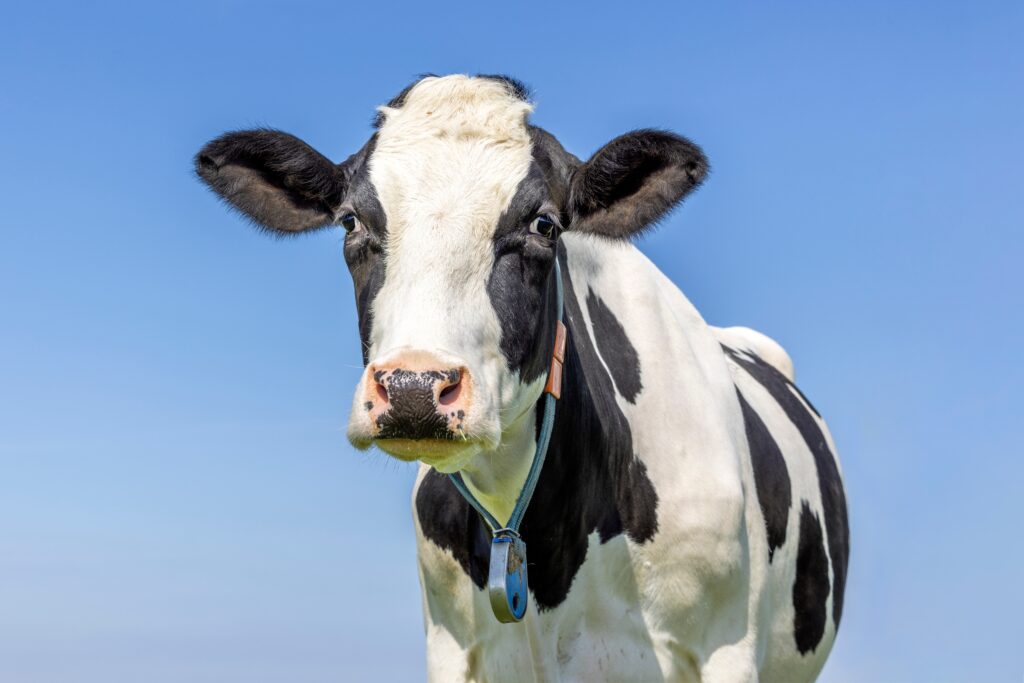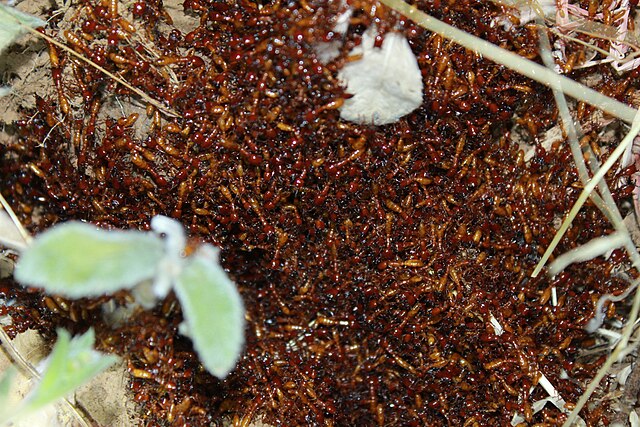Dogs Can Sense Earthquakes

Man’s best friend isn’t just good for fetching sticks and judging your life choices. Dogs have been known to sense earthquakes before the ground even twitches. Scientists believe they detect subtle vibrations and changes in barometric pressure. Some pups even act out—whining, pacing, or trying to escape hours before disaster strikes. During the 2011 Japan earthquake, countless reports surfaced of dogs exhibiting strange behavior well before the tremors hit. This behavior isn’t just folklore; it’s been observed for centuries across different cultures.
Their heightened hearing abilities may also allow them to pick up frequencies humans can’t detect. So, if your usually chill dog starts acting like it’s seen a ghost, you might want to brace yourself. If your dog starts pacing back and forth for no reason, it could be a clue that something is about to shake things up. It’s almost as if they have an invisible alert system wired into their instincts.
Cats Can Feel the Vibrations

If dogs are the earthquake whisperers, cats are the enigma wrapped in fur. These creatures have an eerie ability to detect seismic shifts before they happen. Some experts believe it’s due to their sensitive paws, which can pick up tiny ground vibrations. Others argue it’s just their general air of superiority manifesting in yet another supernatural skill. Regardless, many cat owners have reported their feline friends acting anxious, hiding, or bolting for no reason—only for an earthquake to follow soon after. This could explain why ancient sailors often kept cats on board, believing they could sense upcoming storms.
They also seem to be in tune with atmospheric changes, detecting shifts in pressure before storms. Maybe that blank stare into the void wasn’t so random after all. So next time your cat starts acting spooky, take a moment to check for other signs of an impending event. It’s hard to tell whether they’re predicting a disaster or just silently judging your life choices.
Elephants Have Incredible Senses

These massive, lumbering creatures might not seem like natural disaster detectors, but their secret weapon lies in their feet and ears. Elephants can pick up infrasound—low-frequency sound waves that travel through the ground—long before humans sense any trouble. In 2004, during the devastating Indian Ocean tsunami, eyewitnesses reported elephants fleeing to higher ground hours before the waves hit. While humans were still clueless, these wise giants had already called an evacuation plan. Some experts believe they can even hear the deep, distant rumbles of shifting tectonic plates.
Some researchers believe they also detect the rumbling vibrations of tectonic shifts, alerting them to earthquakes before they strike. Their long-distance communication relies heavily on low-frequency sounds, which makes them naturally attuned to subtle environmental changes. Maybe next time, we should just follow the elephants. They’ve been reading nature’s warning signs far longer than we have, proving that survival sometimes comes down to simply listening to the right signals.
Sharks Can Predict the Weather

Sharks get a bad rap for being oceanic villains, but they’re actually nature’s top weather forecasters. These underwater apex predators can detect changes in barometric pressure and electrical fields, warning them of incoming hurricanes and storms. When a big one is on the way, sharks instinctively dive deeper to escape turbulent waters. Researchers noticed that before Hurricane Charley in 2004, tagged sharks moved to deeper waters well before the storm arrived. This ability likely helped their species survive millions of years of unpredictable ocean conditions.
Scientists have even studied their behavior to improve hurricane prediction models. So, if you see sharks heading for the deep, it might be time to reconsider your beach vacation. If the ocean’s top predator is retreating, you probably should too. If nature’s ultimate survivor is taking cover, it’s a pretty clear sign that trouble is brewing.
Toads Are Kinda the Doomsday Prophets

Toads aren’t exactly the first creatures you’d expect to have supernatural disaster-sensing abilities, but they’ve been beating scientists to the punch for years. Before the 2009 L’Aquila earthquake in Italy, a colony of toads mysteriously abandoned their breeding site days before the quake. Researchers believe they’re responding to changes in the Earth’s ionosphere or shifts in groundwater chemistry. It’s like they have their own built-in seismograph, only slimier. Some toads can even detect subtle shifts in the Earth’s crust that humans would never notice.
Some toads have been observed changing their breeding cycles to avoid natural disasters altogether. Their ability to react to small environmental fluctuations makes them excellent bioindicators. If a pond suddenly becomes eerily empty, it may be time to look around and ask what’s coming. Sometimes, nature’s tiniest creatures carry the biggest warnings, proving that size doesn’t always determine survival skills.
Birds Feel the Pressure

Ever noticed birds going eerily silent before a storm? It’s not just a coincidence. Birds are highly sensitive to changes in atmospheric pressure, which helps them detect approaching storms and hurricanes. Some species, like pigeons, can even sense Earth’s magnetic field, making them excellent navigators and storm predictors. Before the 2004 tsunami, reports emerged of birds flying inland in droves, seeking refuge long before the waves arrived. Their survival instincts seem to be fine-tuned to the slightest atmospheric changes.
Their ability to detect low-frequency sounds and pressure changes gives them an edge over humans. If birds suddenly take flight en masse or fall into an eerie silence, it might be nature’s way of telling you to take cover. Paying attention to them might just give you the extra time you need to prepare. When nature’s warning system starts sounding the alarm, it’s best to listen.
Snakes are Slithering Seismometers

Snakes are notorious for their stealth, but they’re also excellent at detecting earthquakes before they strike. These legless reptiles can sense even the slightest shifts in temperature and ground vibrations, sometimes days in advance. In China, where earthquake prediction is taken seriously, scientists have monitored snake behavior to help anticipate seismic activity. Some snakes have been observed slithering out of their burrows in the middle of winter—an extremely unusual behavior—right before an earthquake. Their hyper-awareness to vibrations allows them to sense disasters while they’re still brewing deep underground.
Their bodies are so attuned to vibrations that they can detect quakes from miles away. If you ever see a snake frantically leaving its habitat for no apparent reason, it might be best to follow its lead. When even a cold-blooded reptile is in a hurry to escape, you probably should be too. After all, if a creature that spends most of its life hidden is suddenly out in the open, something big is definitely coming.
Cows Hit the Ground When the Weather Changes

Cows might not be the most graceful creatures, but their instincts are surprisingly sharp when it comes to predicting weather changes. Farmers have long noticed that cows tend to lie down before rainstorms, a behavior linked to drops in barometric pressure. But their weather sensitivity doesn’t stop there—before major storms or earthquakes, cows have been known to show signs of agitation, decrease their milk production, or even move to higher ground. It’s as if they have their own internal meteorologist constantly analyzing their surroundings.
Their strong connection to environmental shifts makes them one of the most unexpected natural disaster detectors. So next time you pass by a herd of cows, take a moment to observe their behavior. If they’re all huddled together and lying down, it might be wise to grab an umbrella—or reconsider your day’s plans altogether. Sometimes, wisdom comes in the form of a slow-moving, grass-chewing, four-legged forecaster.
Ants Sense Changes to Carbon Dioxide

Ants are masters of adaptation, and their ability to predict disasters is nothing short of fascinating. Before earthquakes, some species have been observed abandoning their nests and relocating to safer areas. Scientists believe they respond to changes in carbon dioxide levels and electromagnetic fluctuations in the ground. In a 2013 study, researchers found that red wood ants changed their daily routines in the days leading up to an earthquake, becoming unusually active at night.
Their highly organized social structure allows them to react quickly to environmental changes, ensuring their survival. If you see ants frantically evacuating their colony, it might be time to wonder if something bigger is about to happen. Sometimes, the smallest creatures notice the biggest threats before anyone else does.


